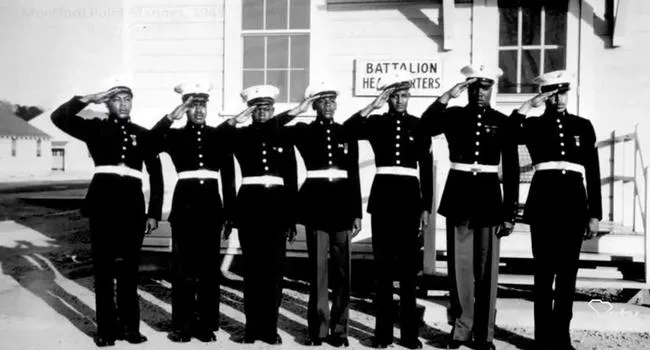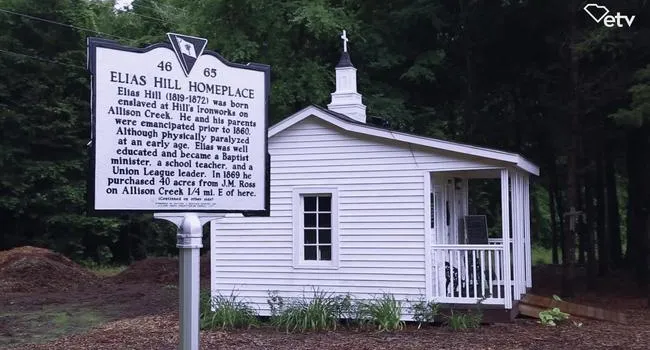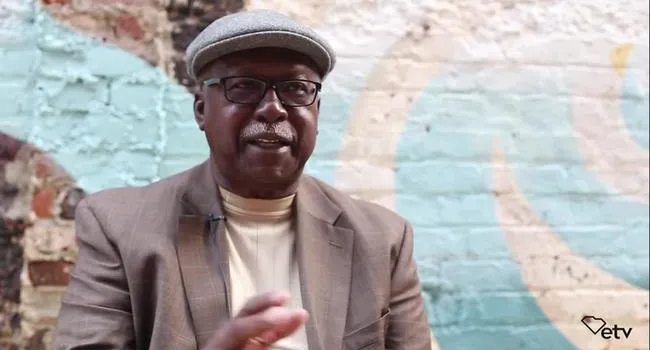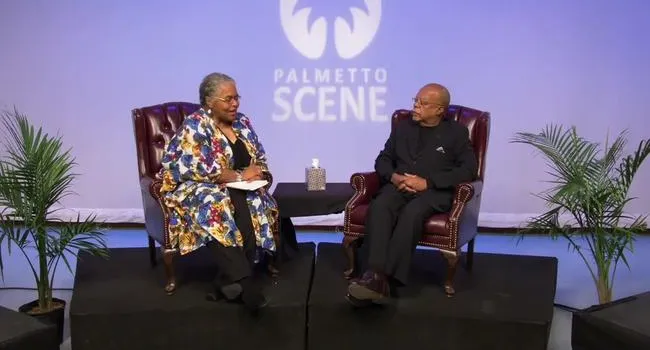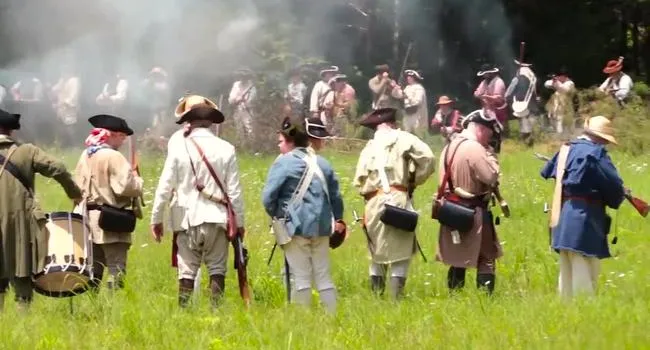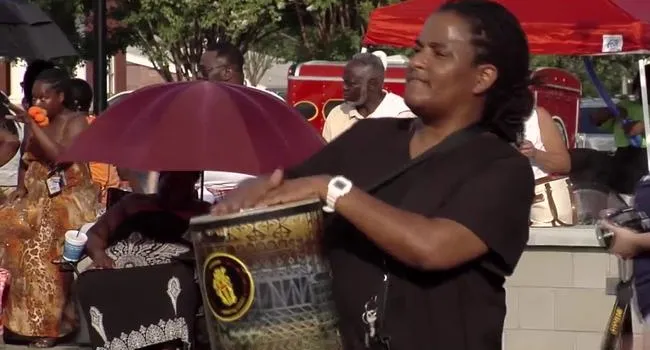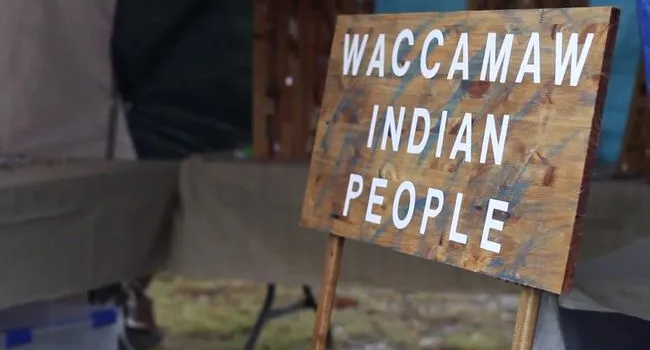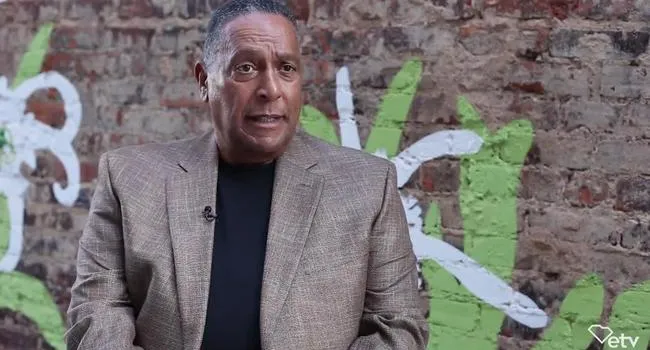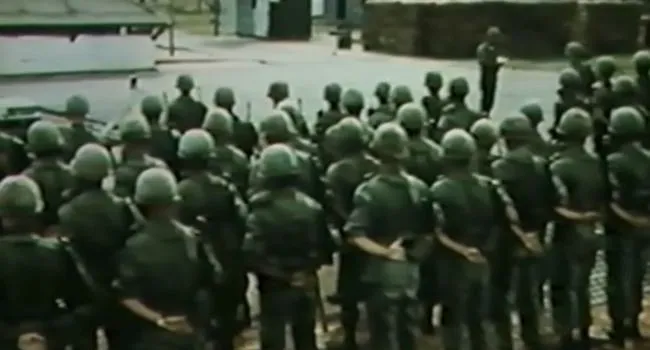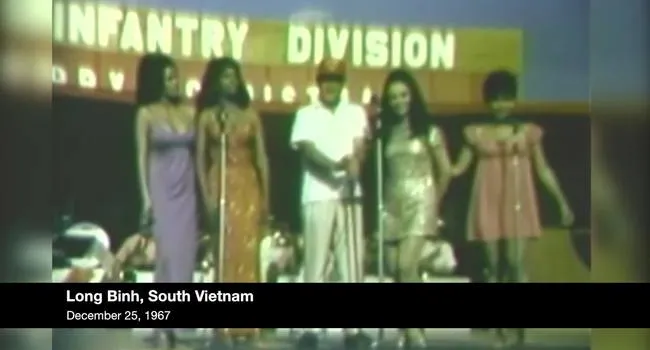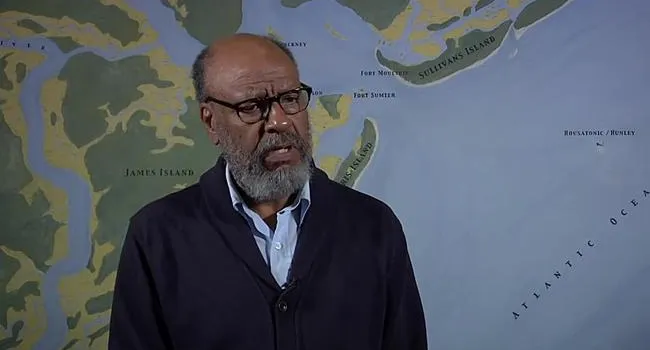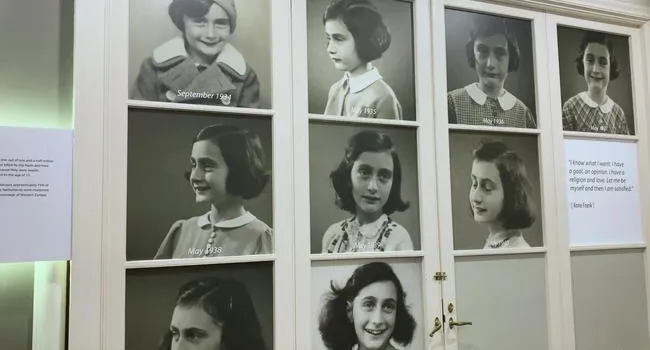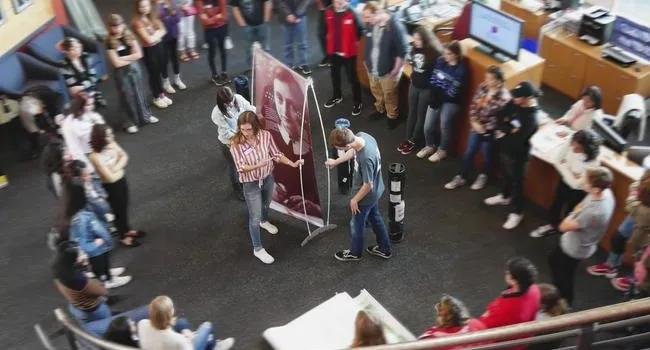Marshall Doswell came to Rock Hill as the Managing Editor of The Evening Herald in 1957. After living in South Carolina for a short time, he was made aware of the racial division and tension that existed here. Knowing the power of the press, Doswell felt called to use his position to advocate for equality and change. At the time, Doswell’s belief in equality was not commonplace. His advocacy for racial justice was perceived as progressive and radical.
Doswell explains, “People did say that I was a radical. People did say that I overstepped my bounds..So if I was going to write about the importance of us learning to live together, listening to each other, and live with each other...you have to find out the hard way, how does that work? It ain’t easy. You have to reluctantly realize that your way of looking at something is not the only way to look at it.”
Robert Thompson, a friend of Doswell, says “Marshall is one of the few people I know who have lived the social justice that a lot of people preach.”
As a result, Doswell was honored as a Freedom Walkway Local Hero by the City of Rock Hill this past November. Aside from honoring new local heroes every year, the Freedom Walkway memorializes the Friendship 9, who’s sit-in was a staple in Rock Hill’s Civil Rights history. Their conviction for their related arrest was only overturned recently.
Terry Plumb, a friend of Doswell’s as well as a former editor of The Herald, explains, “We had a situation where the mayor publicly apologized to The Friendship 9 students and today it seems like, well that was a long time coming but if you look back from the early 1960s, I don’t think many people, white or black, would have ever thought that would happen. I think people like Marshall hoped that it would happen and they never lost faith in the good people of Rock Hill and the belief that Rock Hill will eventually do things right and I think history sort of proves that they did.”
Standards
- This indicator was developed to promote inquiry into how the lifestyles of those living in capitalist countries differed from those living in communist countries. This indicator was also designed to promote inquiry into how the rights of citizens differed in capitalist and communist countries.
- This indicator was developed to encourage inquiry into civic engagement, such as military service, public demonstrations, and political activism, to shape the identity of modern South Carolina. This indicator was also written to encourage inquiry into South Carolinians’ use of the court system and legislation to affect South Carolina’s post-World War II identity.


